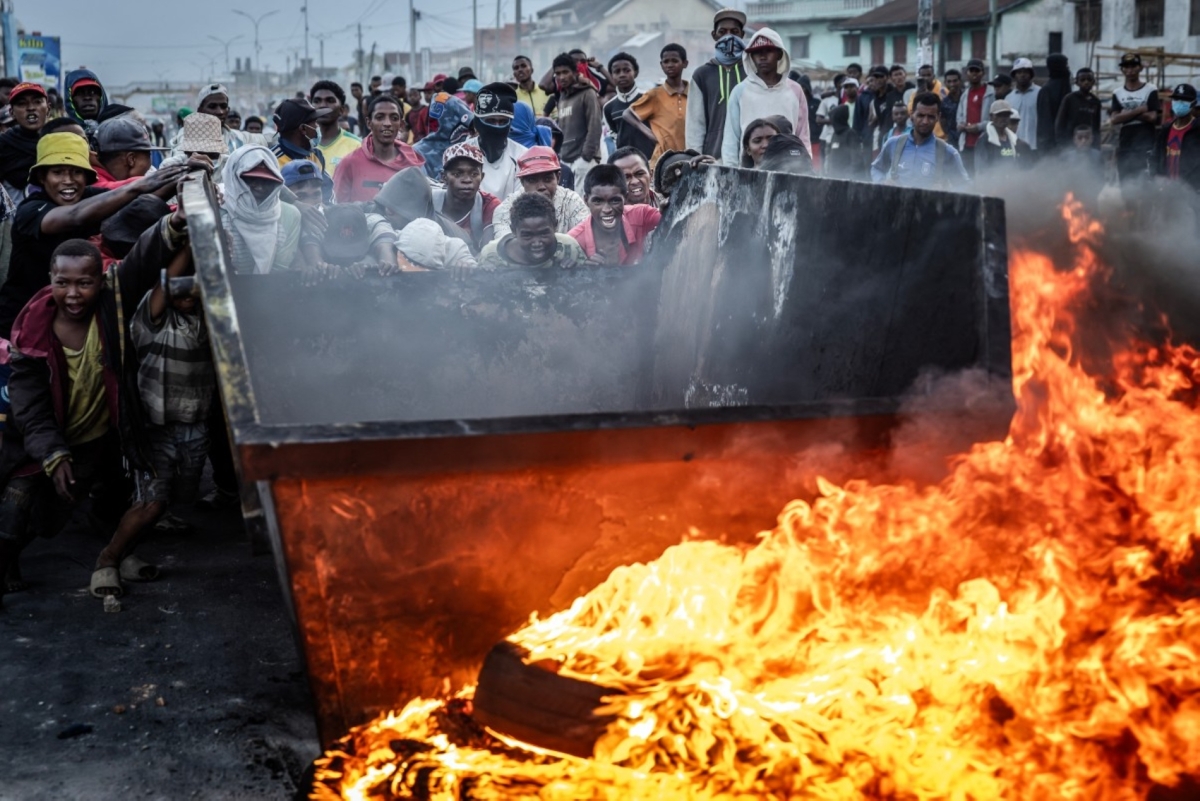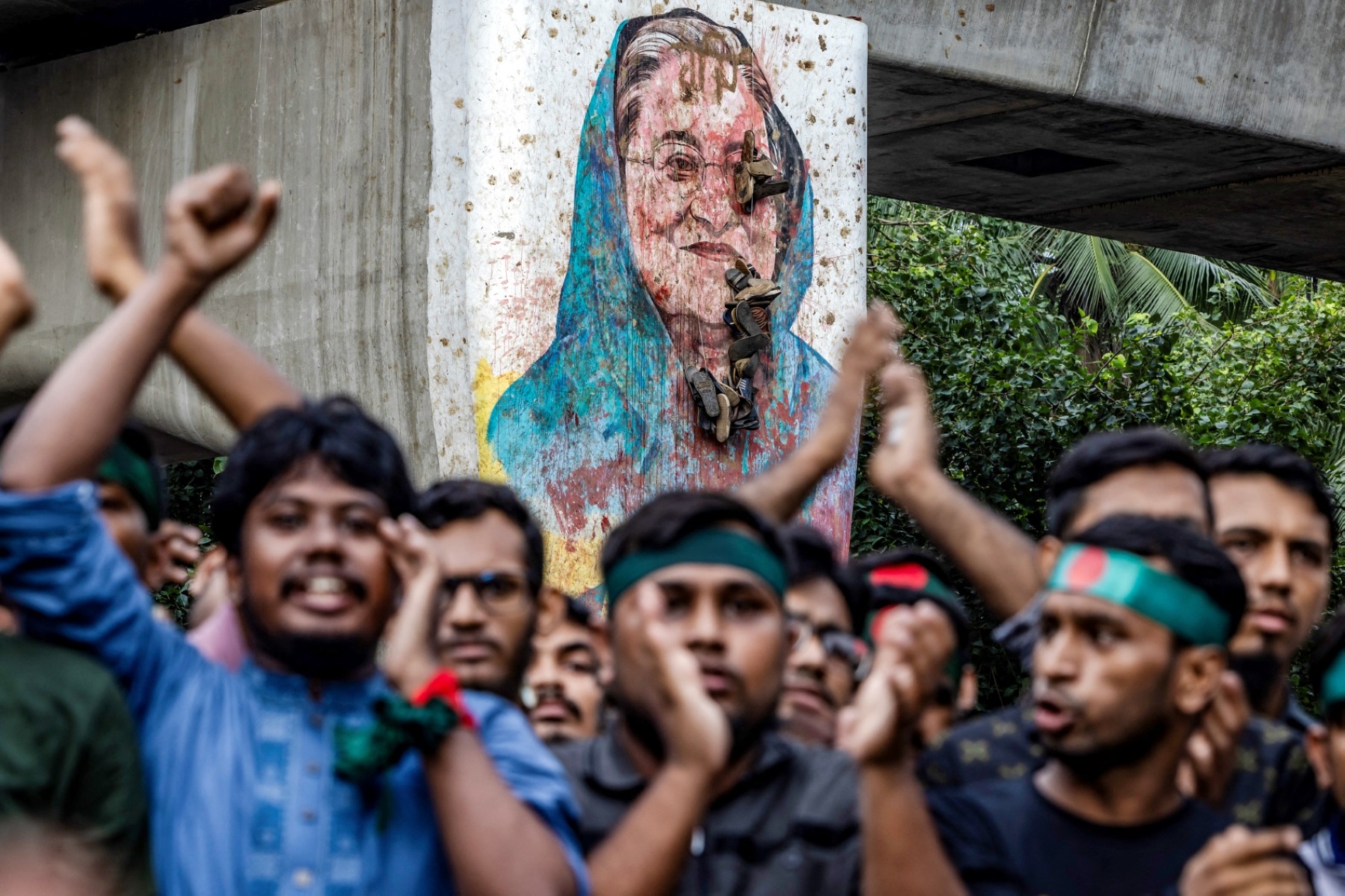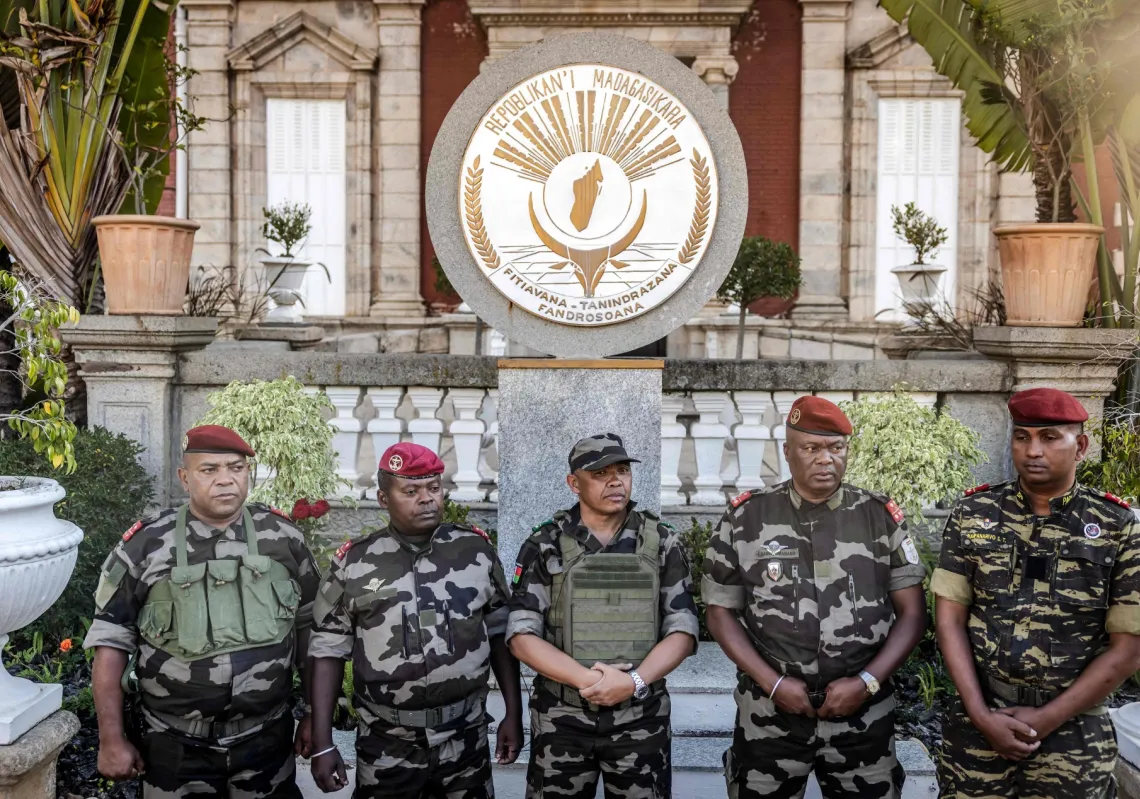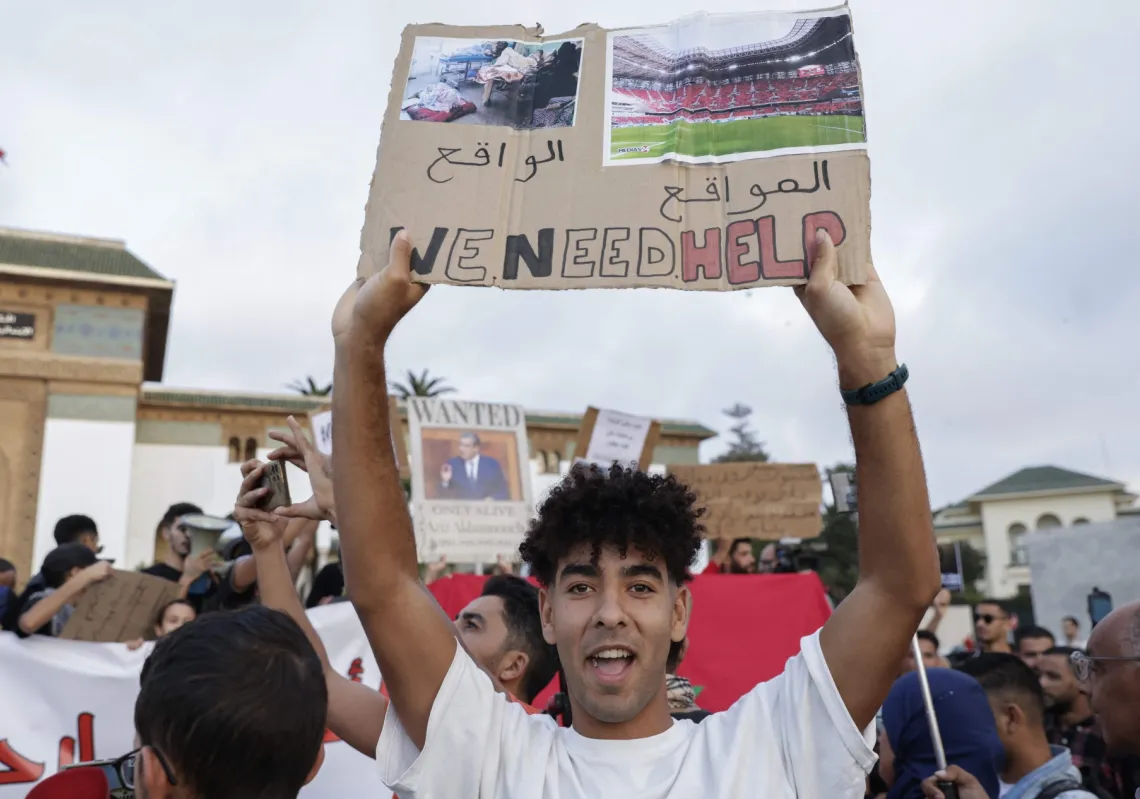Remember the kids of Generation Z? You know—that notorious cohort of entitled, lazy, and apathetic people that Boomers so love to mock?
Over the past two years, members of Gen Z across Asia, Africa, and Latin America have been taking to the streets, covertly organising revolutions and dethroning entrenched rulers. Quite a few of those involved in the uprisings have paid with their lives—another indicator that these events are worth taking seriously.
On 14 October, Madagascar President Andry Rajoelina was ousted after weeks of protests and replaced by a military government, underlining the new power of the young and sometimes violent demonstrators who have been demanding change.
Read more: Madagascar's military coup is part of a wider African trend
Some observers might dismiss this new wave of activism as irrelevant to the future of established democracies. But such complacency might be ill-advised. If this new revolutionary movement has demonstrated anything, it’s that no one should underestimate its infectiousness.
In 2022 and 2024, respectively, youth-led uprisings toppled the leaders of Sri Lanka and Bangladesh, two countries with a combined population of around 200 million. This year has seen similar upheavals in Indonesia (284 million), the Philippines (116 million), Kenya (56 million), Morocco (38 million), Nepal (30 million), Madagascar (32 million), and Peru (34 million). That adds up to some 790 million people—a not inconsiderable chunk of the global population and enough to make this the largest wave of revolt in human history.
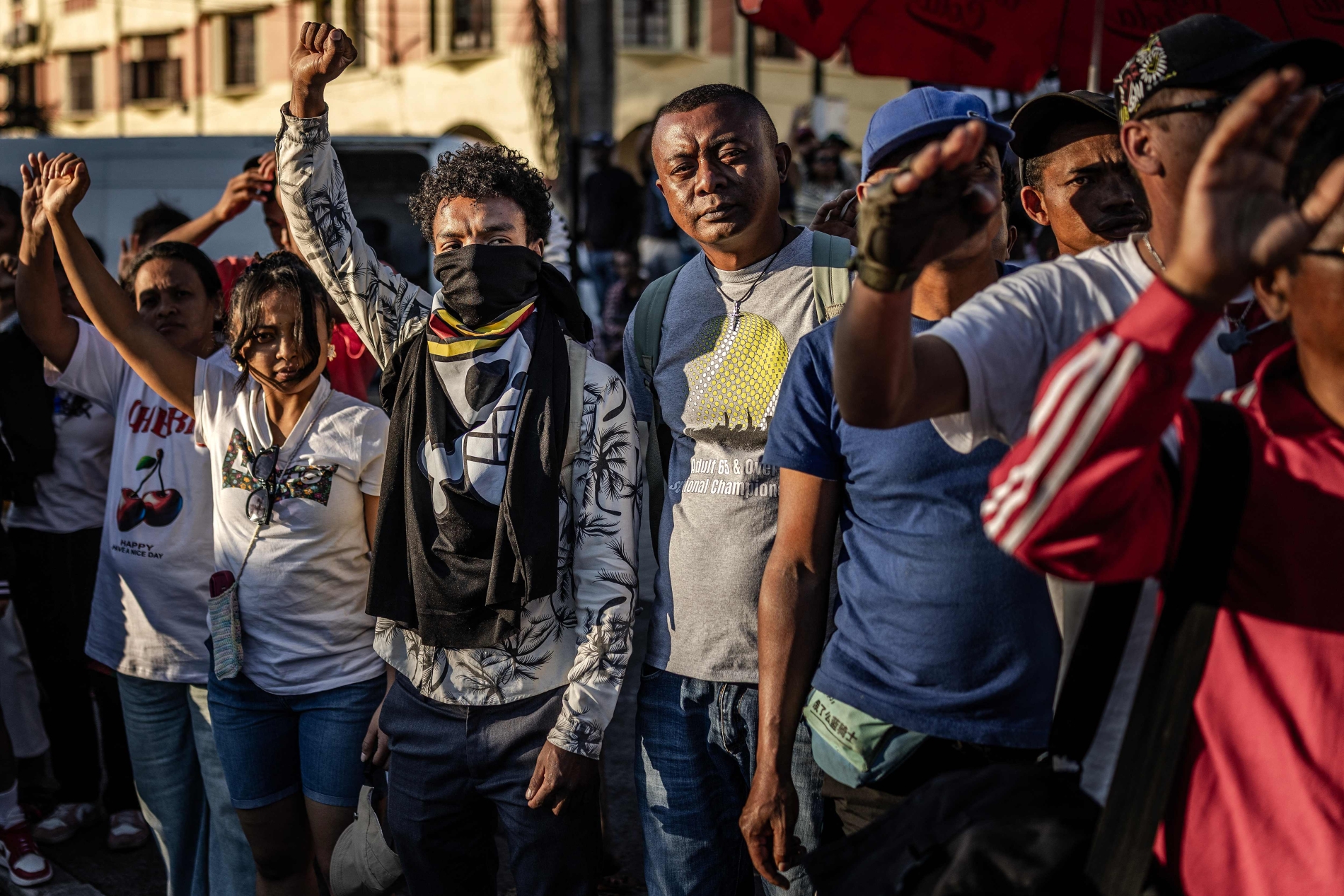
Madagascar is not the only country where leaders have fallen; Nepal and Peru have also discarded their rulers. Meanwhile, Ecuador, recently inspired by the unrest in neighbouring Peru, is still working through its own chaotic version of Gen Z turmoil.
But are we really justified in lumping all of these cases together? An intelligent observer might concede that labels like “Gen Z” often end up obscuring more than they reveal. After all, we live in an age where political polarisation, driven at least in part by the ubiquity of social media, has opened up fault lines even among people of the same age.
In the United States, Western Europe, and South Korea, sociologists have discovered that coeval men and women are increasingly diverging in their political preferences—so one should proceed with caution when lumping enormously diverse groups of people into a single political category.
Similar caveats apply to the comparison of social movements across national boundaries. The protests in Ecuador were triggered by cuts in subsidies for diesel fuel. In Morocco, it was a government decision to spend billions on a soccer stadium and related infrastructure amid the conspicuous decay of the national health system that prompted people to take to the streets.
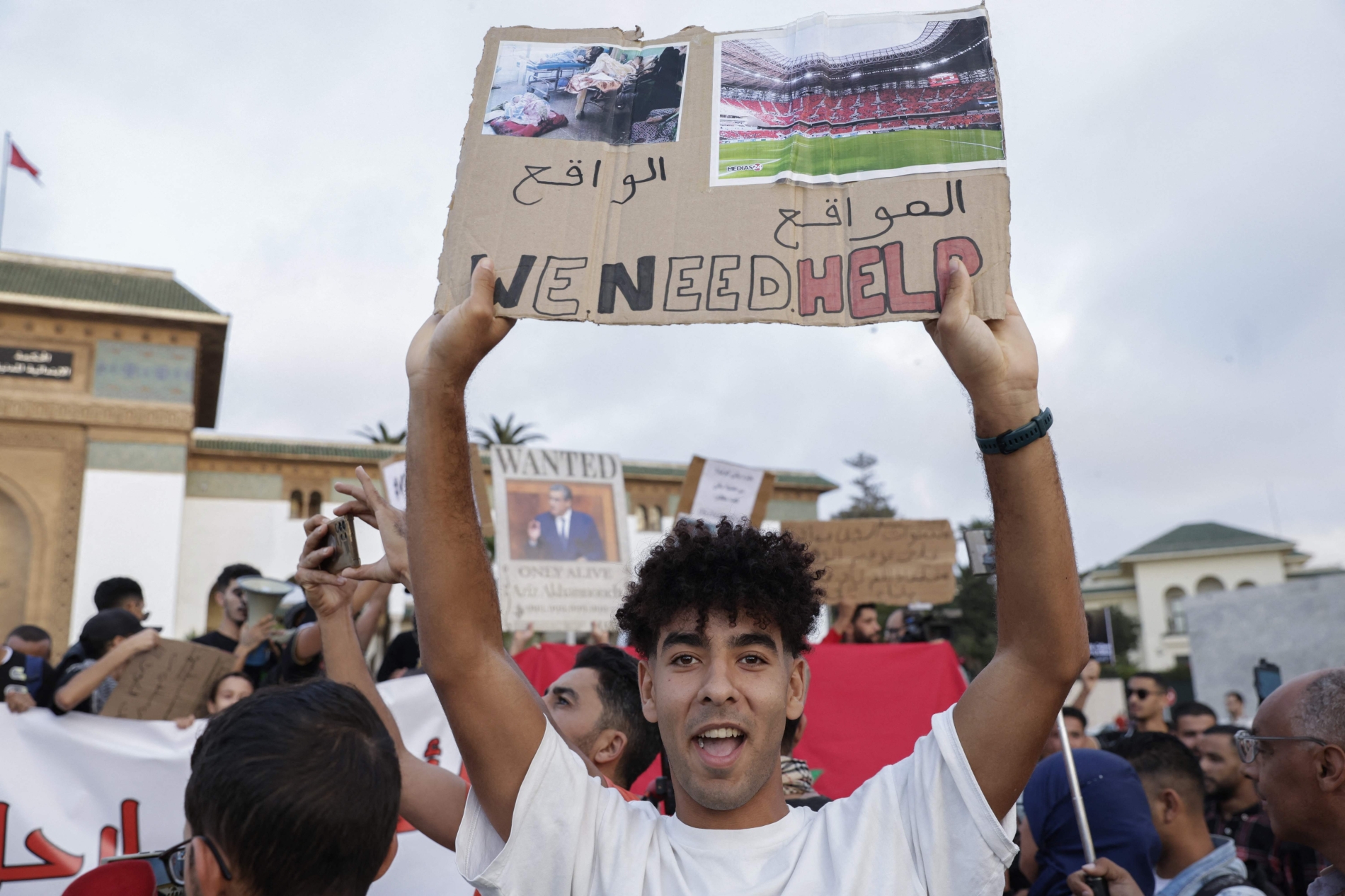
Read more: Morocco’s Gen Z takes to the streets demanding change
In Nepal, unrest spiked when the government attempted to ban major social media platforms—in some cases, the very same ones that had caused public indignation with their coverage of so-called Nepo Kids, children of the elite whose lavish lifestyles stand in brutal contrast with the underprivileged majority. Some of the countries affected by Gen Z turmoil are poor (like Madagascar); others are within striking distance of high-income status (like Indonesia).
Nonetheless, there are still some notable continuities. Twentysomethings have played a conspicuous role in all of these countries—representing burgeoning youth populations who have seen their own opportunities for advancement blocked by greedy elites. This generational commonality has even translated into some tactical borrowings across national boundaries.
One of the most intriguing is the use of Discord, the social media platform widely used by gamers—but largely overlooked by the older generation—as a medium for organising protests even as governments tried to crack down on other forms of online communication. In September, demonstrators in Nepal used Discord to sift through candidates to replace the ousted prime minister. An online vote on the platform ultimately picked former Supreme Court Chief Justice Sushila Karki as the interim prime minister, who has been running the country since.
Protesters have openly acknowledged their contemporaries in other countries as sources of inspiration, evidence of the ease and speed with which news and information can still flow despite the efforts of authorities to remain in control.


